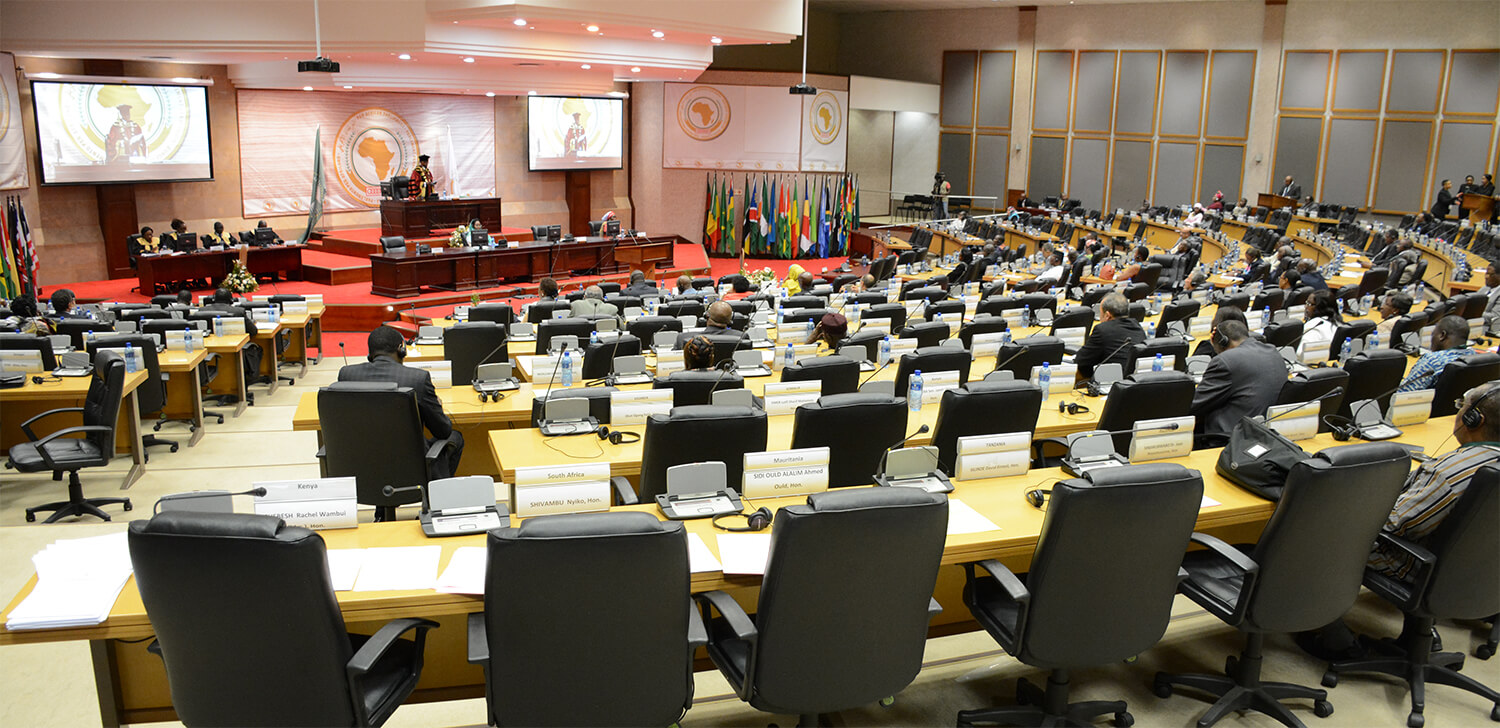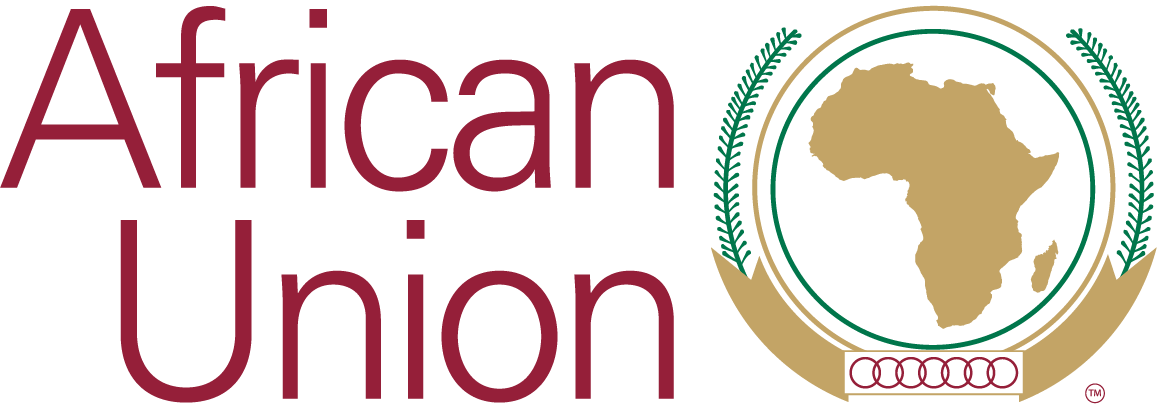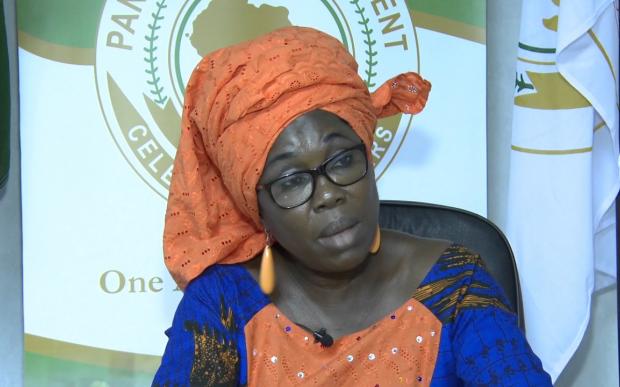A Propos

The Pan-African Parliament was established in March 2004, by Article 17 of the Constitutive Act of the African Union, as one of the nine Organs provided for in the Treaty Establishing the African Economic Community signed in Abuja, Nigeria, in 1991. The Protocol establishing the PAP was ratified by 49 Member States.
The total number of Members of the PAP is 275. Article 4 of the Protocol establishing the PAP requires that each national Parliament be represented by five members, at least one of whom must be a woman. The representation of each member state must reflect the diversity of political opinions in each National Parliament or deliberative organ. According to Article5 of the same Protocol, the Pan African Parliamentarians are elected or designated by the national Parliaments of the Member States.
The establishment of the Pan-African Parliament is informed by a vision to provide a common platform for African peoples and their grass-roots organizations to be more involved in discussions and decision-making on the problems and challenges facing the continent.
The seat of the Parliament is in Midrand, South Africa. The Pan-African Parliamentarians represent all the peoples of Africa. The aim of the Pan-African Parliament is to evolve into an institution with full legislative powers, whose members are elected by universal adult suffrage.
POWERS OF THE PARLIAMENT
The Functions and Powers of the PAP are defined in Article 11 of the Protocol to the Treaty establishing the African Economic Community Relating to the Pan-African Parliament.
- Examine, discuss or express an opinion on any matter, either on its own initiative or at the request of the Assembly or other policy organs and make any recommendations it may deem fit relating to, inter alia, matters pertaining to respect of human rights, the consolidation of democratic institutions and the culture of democracy, as well as the promotion good governance and the rule of law.
- Discuss its budget and the budget of the Community and make recommendations thereon prior to its approval by the Assembly of the African Union.
- Work towards the harmonization or co-ordination of the laws of the Member State.
- Make recommendations aimed at contributing to the attainment of the objectives of the OAU/AEC and draw attention to the challenges facing the integration process in Africa as well as the strategies for dealing with them.
- Promote the programmes and objectives of the OAU/AEC, in the constituencies of the Member States.
- Promote the co-ordination and Harmonization of policies, measures, programmes and activities of the Regional Economic Communities and the parliamentary fora of Africa.
- Adopt its Rules of Procedure, elect its own President and propose to the Council and the Assembly the size and nature of the support staff of the Pan-African Parliament.






